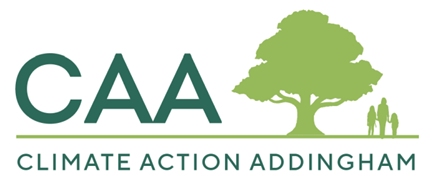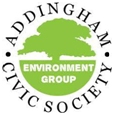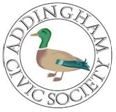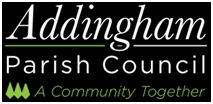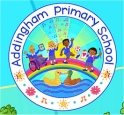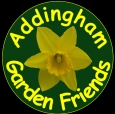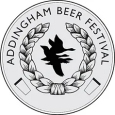4. Increasing number of pollinators
Why?
There has been a catastrophic decrease in insect populations in the UK. Insects are essential components of all food chains and several groups, especially bees, butterflies, hoverflies and moths perform vital functions pollinating food crops that human society relies upon. Pollinator populations have decreased due to habitat loss, decrease in wildflower populations, use of pesticides and, in the case of moths, light pollution.
How?
 Increase wildflower populations on our farmland, in our village green spaces and in our gardens
Increase wildflower populations on our farmland, in our village green spaces and in our gardens- Where possible leave some or all lawnsuncut from April to August to allow wildflowers to grow and provide nectar and pollen for bees and butterflies all through the growing season but especially in spring
- Do not use weed killer, remove unwanted plants manually
- Value brambles and scrubby wildflowers in gardens, allotments and along road verges. Surveys by AEG volunteers show that brambles are the most important food source for both bees and butterflies. See here.
- Grow garden flowers and shrubs that attract pollinators such as comfrey, lavender, buddleia, foxgloves, sedum and cotoneaster. See:https://www.gardenersworld.com/plants/plants-for-bees/
- Cater for different types of pollinator including moths. Moths are nocturnal insects so it is important to minimise light pollution, especially in back gardens
- Tubular-shaped flowers such as foxgloves, honeysuckle, penstemons and snapdragons are an important source of food for long-tongued bees such as the garden bumblebee, Bombus hortorum
- Find out about the main types of bees and butterflies seen in the village and learn more about them from AEG’s annual reports. See here.
- Learn more about butterflies and moths here:https://butterfly-conservation.org/ and about bumblebees here: https://www.bumblebeeconservation.org/
